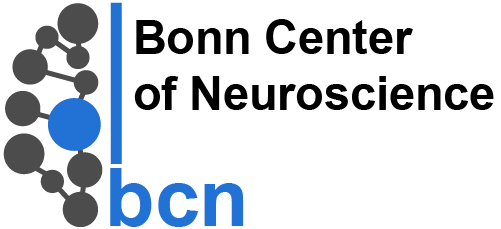Bonn researchers uncover how the auditory thalamus encodes reward outcomes, linking sensory processing to learning.
Bonn, September 7 – Recent research led by Gründemann, group leader at DZNE and professor at the Medical Faculty of the University of Bonn, has revealed new insights into how the auditory thalamus, a sensory relay region in the brain, adapts during learning. In this study, Hasegawa, Huang, and their colleagues utilized an advanced imaging technique to explore how neuronal populations in the auditory thalamus (medial geniculate body, MGB) encode reward-related outcomes during a complex learning task.
Using deep-brain two-photon calcium imaging, the researchers tracked large groups of neurons in mice during reward-based learning. Their findings demonstrated that MGB neurons not only responded to sensory stimuli but also became tuned to reward predictors, irrespective of the sensory modality.
Moreover, distinct populations of MGB neurons aligned their activity with different task phases. During non-sensory delay periods, the neurons displayed coordinated patterns of co-activity, forming “network states” that predicted the task outcome. This flexibility in encoding suggests that the thalamus plays a broader role in learning than previously thought, extending beyond its traditional function as a sensory relay.
Previously, the encoding of learning outcomes was attributed to higher brain areas and the limbic system. This study adds to that notion, showing that the thalamus itself is actively involved in processing reward information. These findings support a distributed model of learning and memory that already includes subcortical sensory thalamic nuclei.
Moving forward, the team aims to investigate how these thalamic networks may be disrupted in conditions involving memory impairment and disease.
For further information, please refer to the full publication: https://www.nature.com/articles/s41467-024-51868-8
Publication: Hasegawa, M., Huang, Z., Paricio-Montesinos, R. et al. Network state changes in sensory thalamus represent learned outcomes. Nat Commun 15, 7830 (2024).
Scientific contact:
Prof. Jan Gründemann
DZNE Neural Circuit Computations
Email: jan.grundemann@dzne.de
X: https://x.com/JanGrundemann/status/1833140747253793269
Written by: Dr Michela Barboni, Ph.D
